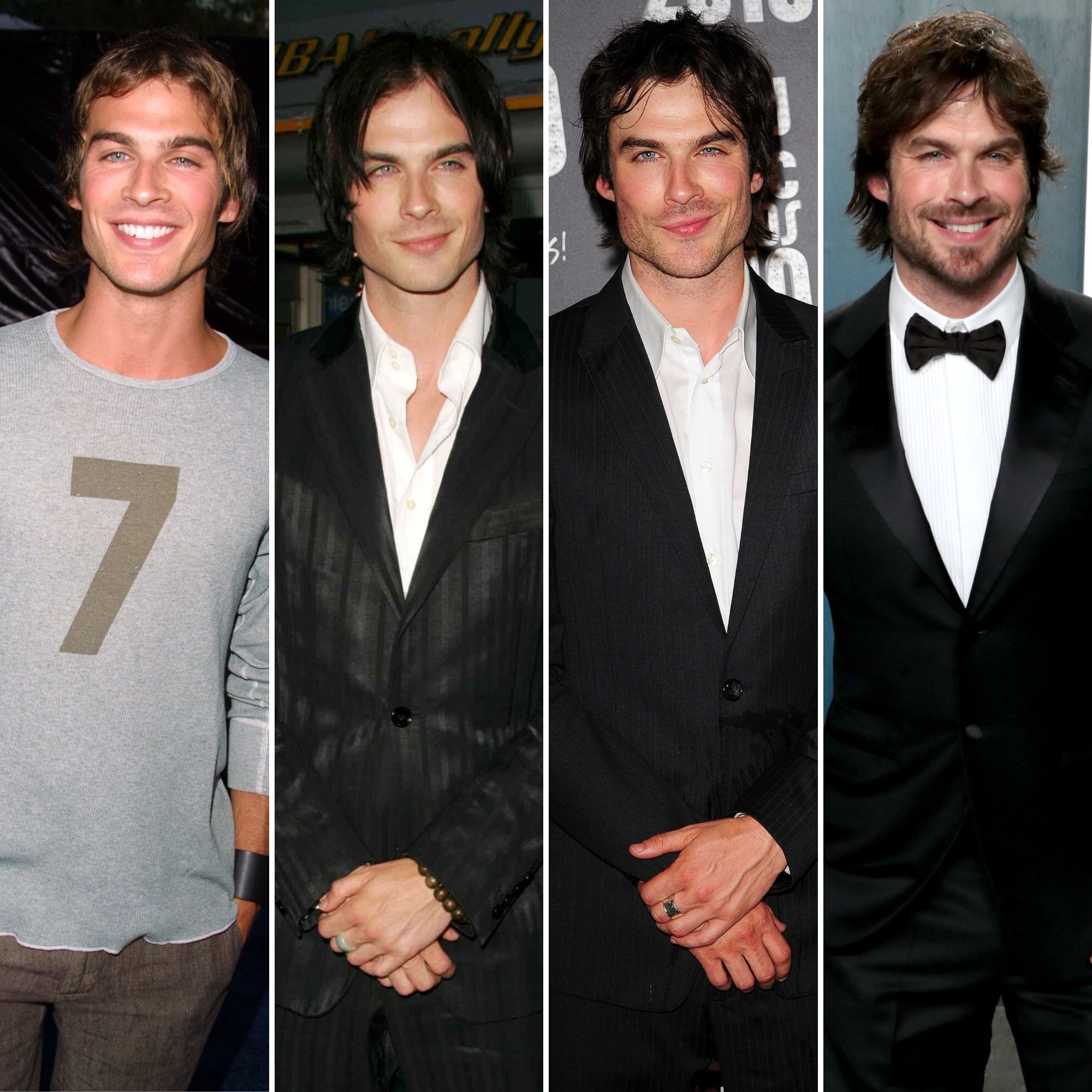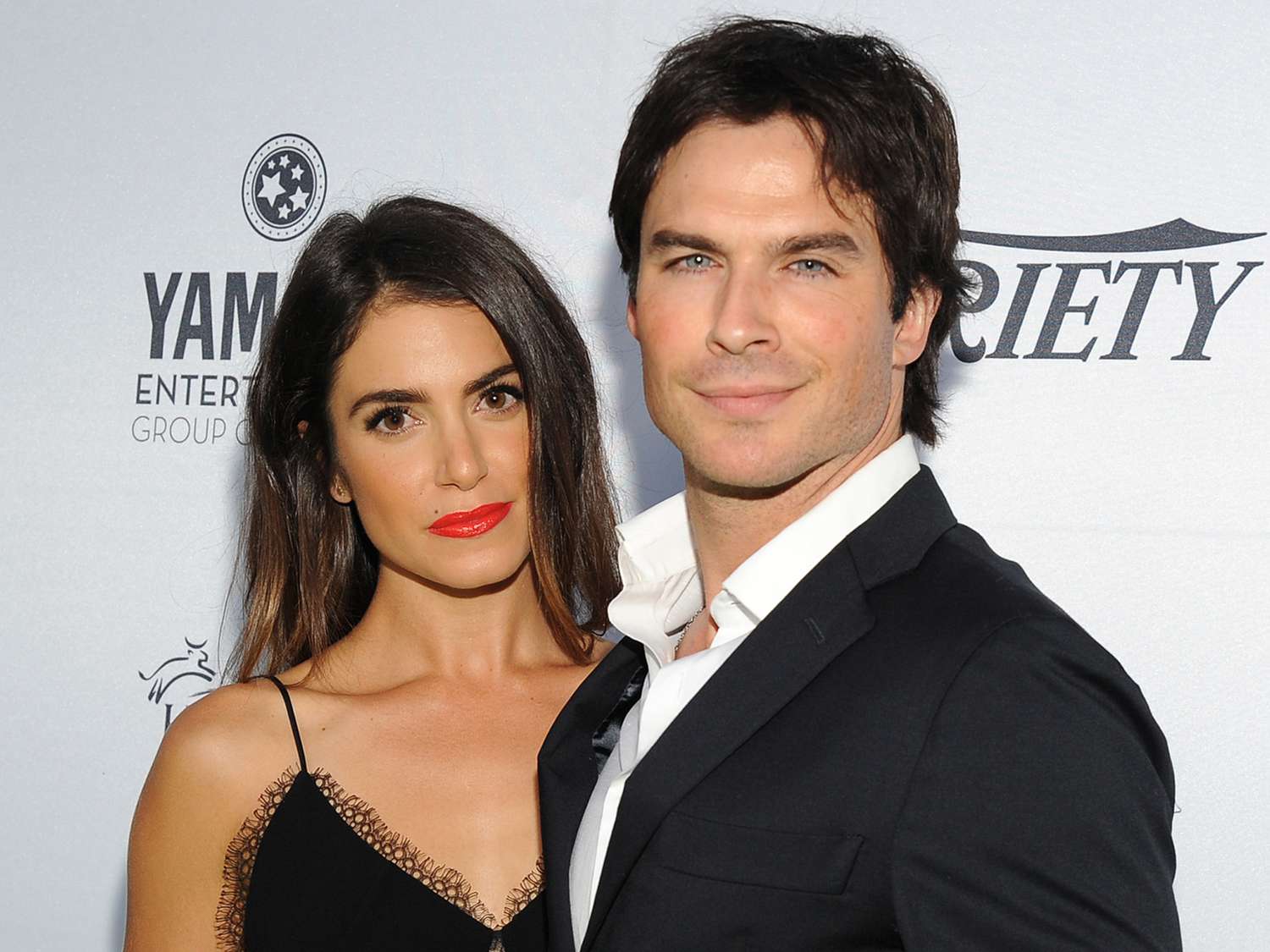Exploring Ian McKellen's Early Movies: A Look At His Foundational Performances
Many people know Ian McKellen as Gandalf, the wise wizard from Middle-earth, or perhaps as Magneto, the powerful mutant leader. He's an actor whose face and voice are, like, instantly recognizable across the globe. Yet, long before he wielded a staff or bent metal, McKellen built a truly remarkable career on stages and in smaller film projects. So, it's almost natural to wonder where it all began for this acting titan.
This article takes a look at Ian McKellen's early movies, exploring the roles that helped shape him into the performer we admire today. We'll trace his path from the theater to his first appearances on the big screen, seeing how his unique talent started to shine.
It's fascinating to consider how initial experiences can set the stage for so much more. Just as some projects, like the P.T. for PC experience mentioned in 'My text', offer a first taste of something intense and shape future encounters, so too did Ian McKellen's initial acting roles pave his way to greatness. His early work, in a way, laid the groundwork for the legendary career that followed, providing a rich background for his later, very famous parts.
- Net Worth Of Ace Frehley
- Cassie Ventura Net Worth 2025
- Barbara Feldon Net Worth
- Jason Gould Net Worth
- Michael Symon Net Worth
Table of Contents
- Ian McKellen: A Brief Look
- The Stage as His First Home
- Breaking into Film: The Initial Ventures
- Key Themes and Character Types in His Early Work
- The Impact of Early Roles on a Legendary Career
- Frequently Asked Questions About Ian McKellen's Early Career
- Reflecting on a Remarkable Beginning
Ian McKellen: A Brief Look
Ian McKellen, born Ian Murray McKellen, has given us some truly unforgettable performances. He's been recognized for his acting with many awards, including a knighthood for his services to the performing arts. His journey in entertainment started quite early, and he built a very solid foundation.
He's a very public figure, known for his activism as much as his acting. This dedication to his craft and his causes makes his early career all the more interesting to explore. It shows how his values and talents developed over time, you know.
| Detail | Information |
|---|---|
| Full Name | Sir Ian Murray McKellen |
| Date of Birth | May 25, 1939 |
| Place of Birth | Burnley, Lancashire, England |
| Nationality | British |
| Education | Bolton School, St Catharine's College, Cambridge |
| Years Active | 1961–present |
| Known For | Stage work, Gandalf in The Lord of the Rings and The Hobbit, Magneto in X-Men films |
The Stage as His First Home
Before his face became familiar on cinema screens, Ian McKellen was, like, a giant in the theater world. His early career was very much rooted in classical stage productions. He spent years honing his skills, performing in plays by Shakespeare and other major playwrights.
- Jared Keeso Net Worth
- Alessandra Ambrosio Net Worth
- Net Worth Helen Hunt
- Linda Evangelista Net Worth
- Wilt Chamberlain Net Worth
He joined the Belgrade Theatre in Coventry in 1961, which was a very important step. Then, he moved to the National Theatre Company in 1965, working with Laurence Olivier. This period was, arguably, where he developed the incredible range and depth that would later define his film work.
His stage work earned him a reputation as a truly powerful actor. He tackled many challenging roles, from Shakespeare's Macbeth to Iago. These experiences gave him a command of language and character that few actors ever achieve, really.
Breaking into Film: The Initial Ventures
Ian McKellen's transition to film was gradual, with his first cinematic roles appearing in the late 1960s. These early movies, while not always box office hits, gave audiences a first glimpse of his captivating presence on screen. They are, in a way, historical markers of his journey.
He often took on complex or morally ambiguous characters, even in these initial projects. This allowed him to showcase his ability to bring nuance to every part, something that would become a hallmark of his acting style. It was, you know, a very clear sign of things to come.
A Touch of Love (1969)
This film marked one of Ian McKellen's very first appearances in a feature film. He played George, a character involved in a somewhat complicated relationship. It was a modest role, but it showed his natural screen presence. The film itself, like, explored themes of independence and societal expectations.
His performance, though brief, hinted at the intensity he could bring to a part. It was, in some respects, a quiet debut, but one that started his cinematic path. People could see his potential even then, you know.
Alfred the Great (1969)
In this historical drama, McKellen took on the role of Roger. The film itself tells the story of King Alfred of Wessex. This project gave him a chance to work on a larger scale production, even if his role was not the main focus. It was, arguably, a good learning experience.
It allowed him to try out a different kind of character, moving from contemporary drama to historical epic. This early exposure to varied genres helped broaden his acting horizons. He was, like, testing the waters of cinema.
The Promise (1969)
Also released in 1969, "The Promise" saw McKellen in a more prominent role as Leonidik. This film was a British-Soviet co-production, which was quite unique for its time. It was based on a play, allowing him to use his strong theatrical background.
His performance here was, in a way, more central, giving him more screen time to develop his character. It demonstrated his ability to carry a scene and connect with the audience. This was, you know, a very important step for him.
Priest of Love (1981)
Moving into the 1980s, "Priest of Love" saw Ian McKellen take on the lead role of D.H. Lawrence. This biographical film allowed him to portray a famous literary figure, a challenge he met with great skill. It was, like, a significant part for him.
His performance captured the complexity of Lawrence, showcasing his ability to embody real-life personalities. This role, arguably, gave him a chance to truly shine on screen in a leading capacity. It was, you know, a big moment.
The Scarlet Pimpernel (1982)
This made-for-television film, though not a theatrical release, was widely seen and is often considered one of his notable early screen roles. McKellen played Paul Chauvelin, the antagonist. His portrayal was very memorable, adding depth to the villain.
He brought a chilling intensity to the character, making him a truly formidable opponent. This role showed his knack for playing complex, often dark, figures. It was, frankly, a standout performance in a popular production.
Walter and June (1983)
In this television film, a sequel to "Walter," McKellen continued his portrayal of Walter, a character with mental health struggles. This was a very sensitive and challenging role, requiring a great deal of empathy and skill. He handled it with immense care, you know.
His performance was deeply moving and earned him much praise. It highlighted his range and willingness to take on difficult, human stories. This work, in some respects, showed his commitment to serious drama.
Plenty (1985)
Here, McKellen played Sir Andrew Charleson, a British diplomat. The film featured a strong cast and explored post-war disillusionment. His role, while not the central one, was a key supporting part. He added, arguably, a sense of gravitas to the story.
Working alongside other respected actors, he held his own and delivered a very solid performance. This film further cemented his presence in British cinema. It was, you know, another step in his growing film career.
Zina (1985)
"Zina" saw McKellen playing the role of Professor Kronfeld, a psychoanalyst. The film explored the life of Leon Trotsky's daughter. This part allowed him to portray an intellectual character, adding another dimension to his growing filmography.
His portrayal was thoughtful and nuanced, fitting the psychological themes of the film. It was, like, a very specific kind of role that he handled well. He was, in a way, building a very diverse portfolio of characters.
Scandal (1989)
In "Scandal," McKellen played John Profumo, a central figure in the real-life Profumo affair. This was a very high-profile role, given the scandalous nature of the events. He captured the essence of the character with great skill, you know.
His performance brought a human element to a public figure caught in a major controversy. This film showcased his ability to portray complex historical figures with sensitivity and depth. It was, frankly, a very strong performance.
Richard III (1995)
While perhaps not "early" in the same way as his 1960s films, "Richard III" was a truly defining role for McKellen before his global fame with Gandalf and Magneto. He adapted the play for the screen and starred as the titular king. This was, arguably, a passion project for him.
His portrayal of Richard was chilling and captivating, setting the play in a 1930s fascist England. This film received wide acclaim and showed his immense talent to a broader international audience. It was, like, a very powerful showcase of his abilities, and you can learn more about Ian McKellen's career here.
Key Themes and Character Types in His Early Work
Looking back at Ian McKellen's early movies, a few patterns emerge in the types of characters he often played. He frequently took on roles that required a deep psychological understanding. Many of his characters were, you know, complex individuals, sometimes outsiders or those facing significant moral dilemmas.
He seemed to gravitate towards parts that allowed him to explore the human condition in detail. Whether it was a historical figure, a troubled individual, or an antagonist, he brought a certain gravitas and intelligence to each role. This consistency, in a way, is a testament to his acting philosophy.
His early work often featured characters who were articulate and used language with precision. This, of course, comes from his extensive background in classical theater. It allowed him to deliver powerful monologues and engaging dialogues with ease, which is, like, a very noticeable trait in his performances.
The Impact of Early Roles on a Legendary Career
The foundation laid by Ian McKellen's early movies and his extensive stage career is, arguably, what made his later iconic roles so impactful. The years spent perfecting his craft on stage gave him an incredible command of his voice, body, and emotional range. This really shows in his later work, you know.
His ability to portray complex characters, developed through roles like Richard III or Walter, prepared him for the nuances of Gandalf and Magneto. These characters, despite their fantastical settings, are deeply human, and McKellen's background allowed him to bring that humanity to the forefront. It's, like, a very clear progression.
Without these early experiences, without the chance to explore a wide array of roles and refine his methods, it's fair to say his later performances might not have had the same depth. His journey is a powerful reminder that true mastery comes from years of dedication and varied experiences, you know. Learn more about acting careers on our site, and link to this page about our mission.
Frequently Asked Questions About Ian McKellen's Early Career
When did Ian McKellen start acting?
Ian McKellen began his professional acting career in 1961. His very first professional stage appearance was at the Belgrade Theatre in Coventry. He spent many years performing in theater before making a more significant move into film roles, you know, in the late 1960s.
What was Ian McKellen's first major film role?
While he had several film appearances in the late 1960s and 1970s, many people consider his role as D.H. Lawrence in "Priest of Love" (1981) or his portrayal of John Profumo in "Scandal" (1989) as his first truly major film roles. "Richard III" (1995) was, arguably, his most significant cinematic breakthrough before his global fame, you know.
Did Ian McKellen do Shakespeare early in his career?
Yes, absolutely. Ian McKellen has a very deep connection to Shakespeare's plays, and he performed in many of them early in his career. His extensive work with the Royal Shakespeare Company and the National Theatre involved numerous Shakespearean roles. This background is, like, a very big part of his acting foundation.
Reflecting on a Remarkable Beginning
Looking back at Ian McKellen's early movies gives us a richer picture of his truly extraordinary career. These initial roles, often less seen than his blockbusters, are, arguably, just as important. They show the development of a performer who would become one of the most respected actors of his time. It's, like, a very inspiring journey to consider.
His dedication to his craft, visible even in these first cinematic ventures, set him apart. So, if you're a fan of his later work, exploring these earlier films can give you a deeper appreciation for his talent. It's a chance to see the beginnings of a legend, really.
Consider taking some time to seek out these early performances. You might just discover some hidden gems and gain a new appreciation for the long road he traveled to become the icon he is today. It's, you know, a very worthwhile viewing experience.
- Rebecca Gayheart Net Worth
- Net Worth Thomas Gibson
- Dillon Danis Net Worth
- Larry Fitzgerald Net Worth
- Will Sasso Net Worth

Ian Somerhalder 90s - A Look Back At His Early Days

30 Facts About Ian Wheeler - Facts.net

50 Facts About Ian Happ - Facts.net